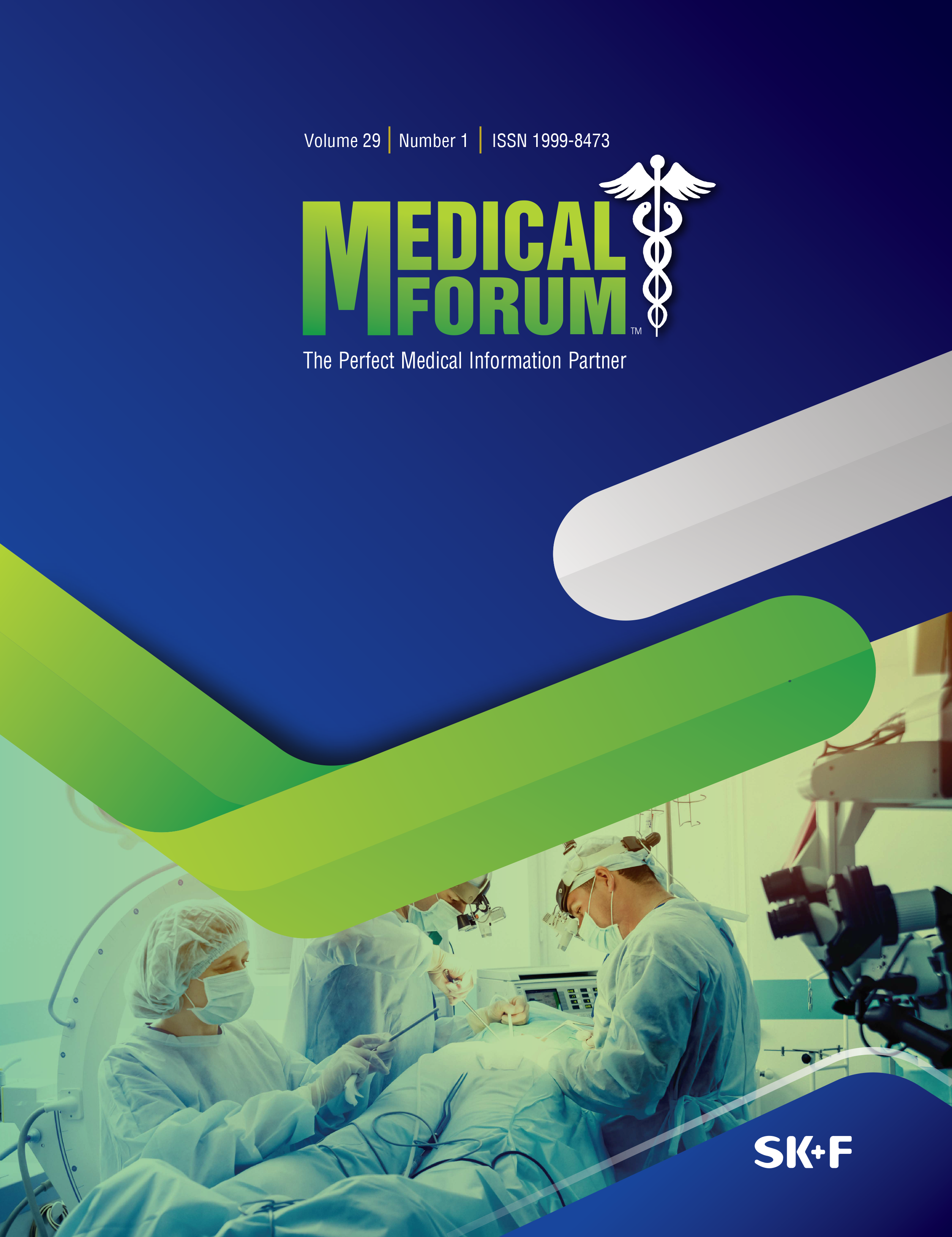
March 11, 2023
For nearly a century, bacteria-?ghting drugs known as antibiotics have helped to control and destroy many of the
harmful bacteria that can make us sick. But in recent decades, antibiotics have been losing their punch against
some types of bacteria. In fact, certain bacteria are now unbeatable with today’s medicines. Sadly, the way we’ve
been using antibiotics is helping to create new drug-resistant “superbugs.”
Superbugs are strains of bacteria that are resistant to several types of antibiotics. Each year these drug-resistant
bacteria infect more than 2 million people nationwide and kill at least 23,000, according to the U.S. Centers for
Disease Control and Prevention (CDC). Drug-resistant forms of tuberculosis, gonorrhea, and staph infections are
just a few of the dangers we now face.
Antibiotics are among the most commonly prescribed drugs for people. They’re also given to livestock to prevent
disease and promote growth. Antibiotics are effective against bacterial infections, such as strep throat and some
types of pneumonia, diarrheal diseases, and ear infections. But these drugs don’t work at all against viruses, such
as those that cause colds or ?u.
